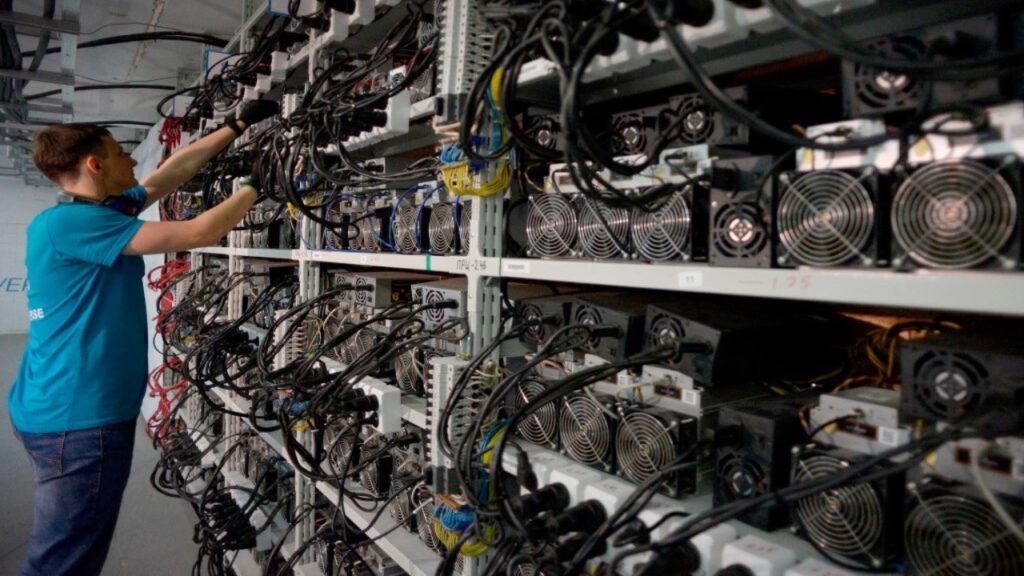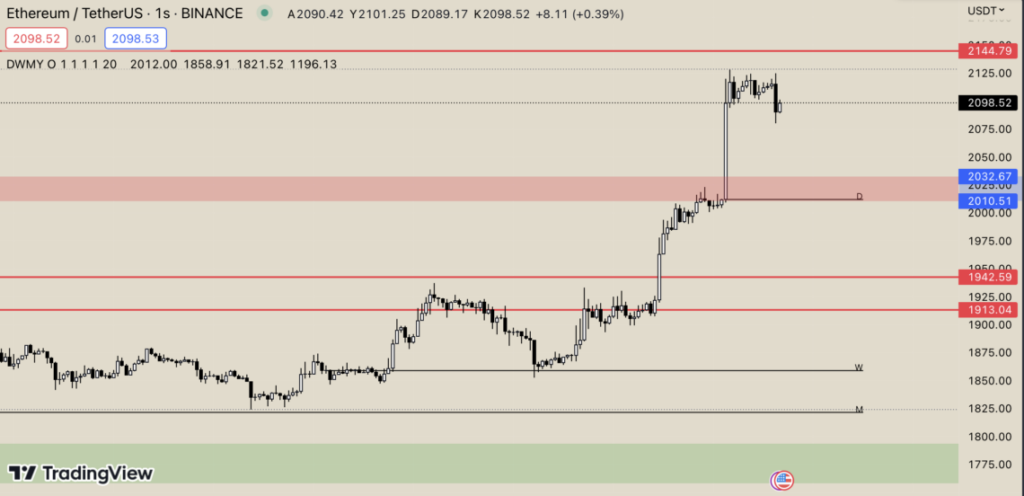Everything you need to know about cryptocurrency trading addiction

Whether it’s memecoin or a seemingly “robust” artificial intelligence project, crypto investors who don’t want to miss out on opportunities can’t stop themselves from trading when the market is on the rise. Some who miss out on profit opportunities go overboard on their next purchase, while others who are caught on the wrong side of the market volatility turn to frenzied trading to recoup their losses.
It’s a vortex into which those who sleep with crypto and those who don’t want to miss the buying opportunities in the market fall into: Cryptocurrency trading addiction. Just like in the stock markets, there is a mass of investors in the crypto sector who can’t stop trading. Moreover, unlike the traditional side, this is a 24/7 market.
Cointelegraph Magazine‘s article sheds light on crypto-trade addiction with expert insights. Tony Marini, senior specialist therapist at Castle Craig Rehab in Scotland, and Aaron Sternlicht, co-founder of New York-based private practice Family Addiction Specialist Cointelegraph Magazineis scrutinizing what is curious about the subject.
What is cryptocurrency trading addiction?
Expert Aaron Sternlicht defines cryptocurrency trading addiction as follows: “A persistent or recurrent pathological compulsion or obsession to engage in the behavior of investing in or trading cryptocurrencies despite negative personal and/or professional consequences, such as financial loss, relationship disruption, career problems, mental health issues, and other negative consequences.”

Sternlicht believes that addictive behavior goes far beyond buying and selling tokens. According to Sternlicht, when an investor spends all their time on chart analysis, market research, data analysis or fundamental analysis, it can become a problem.
It’s all about neurotransmitters
Reminding that the human body produces a neurotransmitter called dopamine, which the nervous system uses to transmit messages between nerve cells, Sternlicht says that when the price of cryptocurrency rises and a person makes a successful trade, dopamine is released, which creates a sense of pleasure.

“The volatility of cryptocurrency and the fact that it can be traded 24/7 can cause excessive and regular dopamine spikes, making it much more addictive than trading other assets like stocks,” Sternlicht said.
The dopamine effect of krypton
Sternlicht says that certain stimulants that release excessive amounts of dopamine, such as sex, drugs, video games and social media, are more likely to be addictive. He believes that cryptocurrency trades that thrive on market price fluctuations fall into this category.
On the other hand, Sterlicht says that other natural pleasures, such as eating a great meal or watching a beautiful sunset, can become less stimulating and less attractive over time: “Because the brain’s natural tendency is to seek pleasure, the individual becomes preoccupied with the stimuli they prefer, while losing interest in other life experiences they used to find enjoyable.”
The UK’s Health and Safety Executive estimates that around 2.2 million adults struggle with problem gambling or are at risk of addiction. Sternlicht, as well as expert therapist Tony Marini, agree that cryptocurrency addiction is very similar to gambling addiction and is treated as such.

Noting that cryptocurrency adoption in the UK has risen to 33 percent, Marini says that many crypto investors come to his clinic looking to recover from addiction: “I was noticing more and more people coming through the door who were really interested in cryptocurrencies.”
Marini believes that the extreme volatility in the crypto market sucks people in much faster than gambling. “They were constantly looking at the prices because it was constantly fluctuating. And now they spend a lot of time evaluating 20,000 different cryptocurrencies and following them in the media. It becomes a problem in their lives,” Marini says.
Who is at risk?
Therapist Sternlicht believes that those with a history of other addictions or problematic gambling experiences are more susceptible to cryptocurrency addiction. He says a family history of addiction, underlying mental health issues or personality traits such as impulsivity can trigger addictive behavior in traders.

In Sternlicht’s experience, crypto investors are usually well educated and financially savvy. They think they have an edge in the market and know something that others don’t. “For example, they may spend a lot of time researching the fundamentals of a particular project, or they may be highly skilled at analyzing charts, macroeconomics, market sentiment and other speculative measures. This is what is known as the ‘illusion of control’,” says Sternlicht.
A 2014 study by researchers at Universidad de Deusto and University College London emphasized that “the illusion of control consists in exaggerating the impact of our behavior on uncontrollable outcomes.” Sternlicht says that the false sense of security that results from this illusion can encourage investors to take more risks and trade more frequently.
How do you know if you are addicted?
According to Sternlicht, some signals to watch out for include thinking about crypto even when not trading, feeling guilt and shame associated with it, and hiding losses from loved ones. Lying, stealing, selling or borrowing to trade are also red flags, Sternlicht says.

Other symptoms of addiction include spending living expenses on crypto, prioritizing trading over relationships and career opportunities, difficulty concentrating, loss of interest in non-crypto activities, and difficulty sleeping due to trading.
What should be considered in cryptocurrency addiction? How is it treated?
For those seeking outpatient help, Sternlicht advocates tailoring treatment to meet the needs of each client. After an in-depth assessment by his team, treatments include therapy, coaching, psychiatry, family/couples counseling, financial supervision, sleep-exercise-nutrition monitoring and daily check-ups. Sternlicht also supports holistic therapies to raise awareness.
Financial oversight is another treatment Sternlicht advocates: “With all our clients with cryptocurrency addiction, we find it useful to have financial oversight of their assets, including bank accounts as well as exchanges if they are still active. Digital wallets also count,” says Sternlicht.

Sternlicht believes that supervising assets (and sometimes even temporarily taking control of those assets away from the client) can help the individual become accountable and focus on recovery. According to Sternlicht, such financial oversight can be carried out by a trusted friend or family member, a financial professional.
Between sessions in crypto-addiction treatment, sleep, nutrition, exercise and digital use are also monitored. “Recovery is like a jigsaw puzzle with various pieces, and the more pieces that are put together, the better the individual’s chances of living a thriving and successful life,” says Sternlicht.
This article does not contain investment advice or recommendations. Every investment and trading move involves risk and readers should do their own research when making decisions.



 English
English 
















































































































































































































